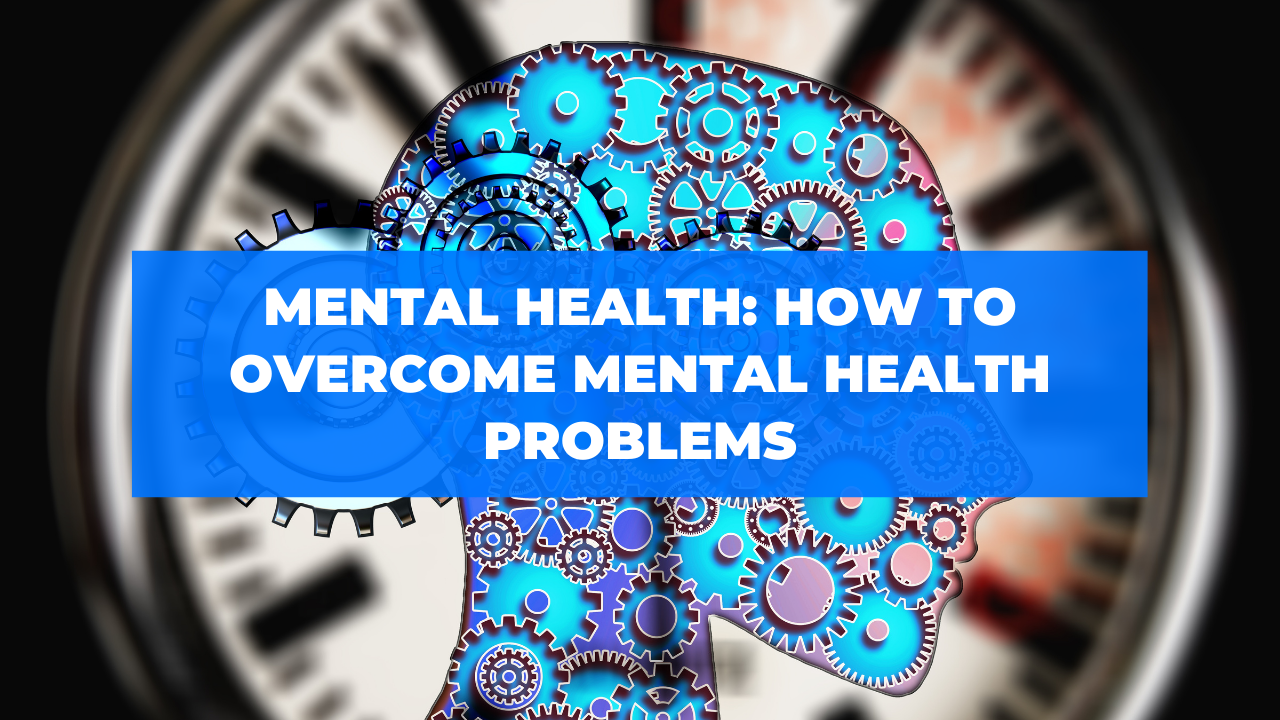Dealing with mental health problems can be challenging, but several effective ways exist to address and manage these issues. It's important to remember that seeking help and support is a sign of strength, and you don't have to go through it alone. Here are some simple ideas and actions to think about:
1. Seek Professional Help:
- Therapy and Counseling: A licensed mental health professional, such as a psychologist, psychiatrist, counselor, or therapist, can provide guidance and support. They use various therapeutic approaches to help individuals understand and manage their mental health conditions.
- Medication: In some cases, medication prescribed by a psychiatrist may be necessary to manage symptoms like depression, anxiety, or bipolar disorder. Drugs can often be most effective when combined with therapy.
2. Build a Support System:
- Talk to Trusted Individuals: Share your thoughts and feelings with friends, family members, or trusted individuals. Sometimes, talking about your concerns can provide relief and open the door for support.
- Support Groups: Consider joining a support group for individuals facing similar challenges. Support groups offer a safe space to share experiences and coping strategies.
3. Self-Care:
- Physical Health: Give precedence to your physical well-being through the upkeep of a well-balanced diet, consistent exercise, and sufficient rest. It's important to recognize the intimate connection between physical and mental health
- Stress Management: Employ relaxation methods such as deep breathing exercises, meditation, or yoga as effective strategies to alleviate stress and anxiety, ensuring originality in your approach.
- Set Realistic Goals: Break down your tasks into manageable steps and set achievable goals. Success can boost your self-esteem and sense of control.
- Limit Alcohol and Drug Use: Avoid or reduce the use of alcohol and recreational drugs, as they can worsen mental health symptoms.
4. Educate Yourself:
- Learn about your mental health condition to better understand what you're experiencing. Knowledge can help reduce fear and stigma.
5. Establish Routine and Structure:
- Make a plan for each day that has times for sleeping, eating, and moving around. This routine helps you feel steady and secure. And remember, it should be your own ideas, not copied from others.
6. Avoid Isolation:
- Stay connected with loved ones, even through phone calls or video chats. Social support is essential for mental well-being.
7. Practice Mindfulness and Self-Compassion:
- Mindfulness exercises can help you stay present and reduce rumination about past events or worries about the future. Self-compassion involves treating yourself with kindness and understanding, even when facing challenges.




.jpg)
